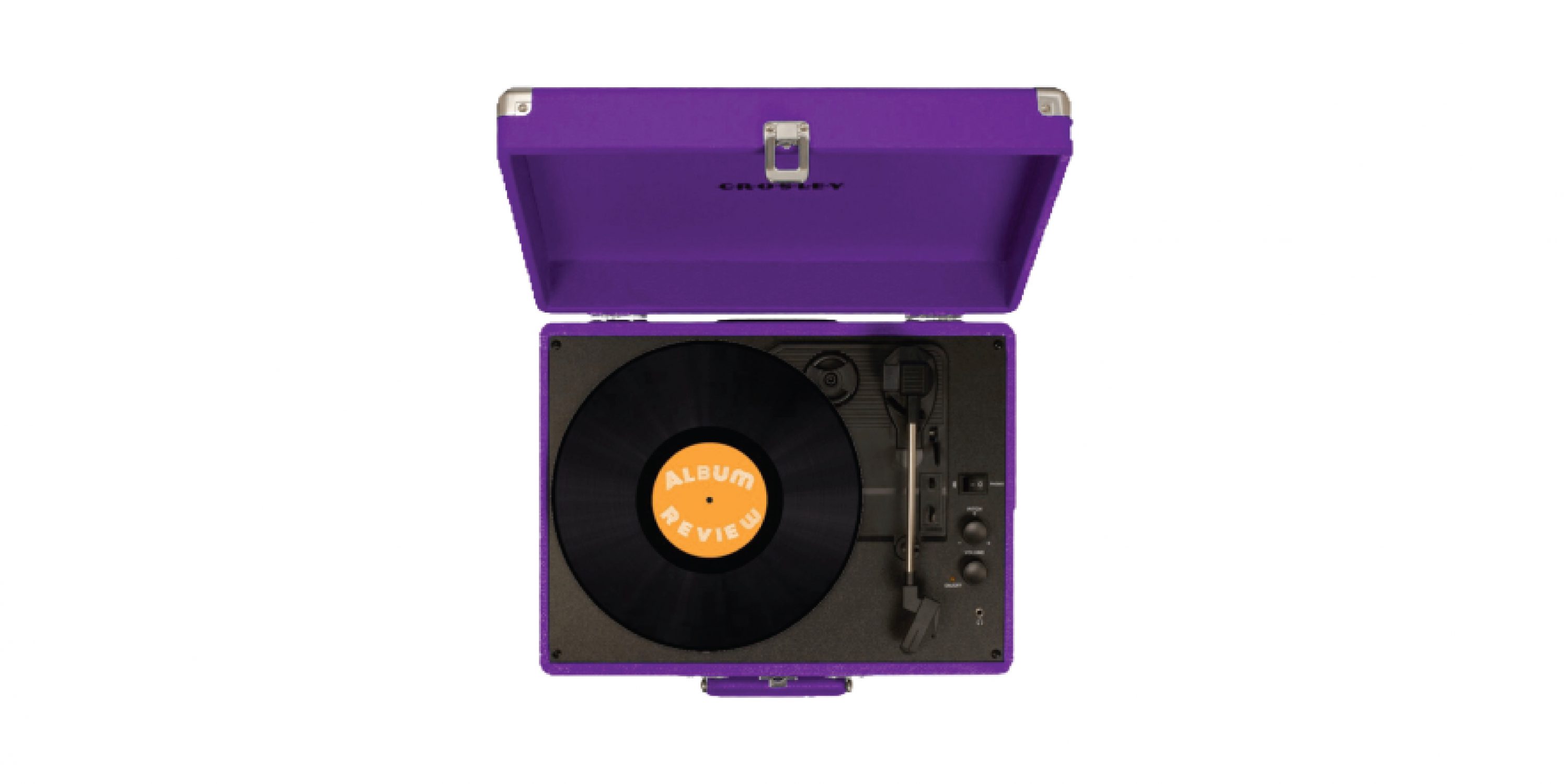Jacob Anderson isn’t the artist you might expect. Most well known for playing the taciturn warrior Grey Worm on HBO’s Game of Thrones, the familiar actor might give most folks whiplash as he transforms from this former role into the vulnerable, witty R&B artist that is Raleigh Ritchie. Once that initial surprise fades, however, I predict that many listeners will be happy to discover a musician whose work is compelling, ear-catching, and wonderfully intricate.
Andy (2020), Ritchie’s sophomore album, is a beautifully crafted narrative of his personal journey grappling with social anxiety. The release follows Ritchie’s debut record You’re A Man Now, Boy (2016) up by synthesizing its themes of nostalgia, masculinity, and societal expectation into a cohesive 40-minute record. The tracks themselves are appreciably unique, ranging from defiant alt-pop party anthems to reserved, almost conversational rap verses, and the whole package is wrapped together nicely thanks to Ritchie’s introspective writing. Though occasionally the repetition of thematic ideas can feel somewhat tiresome, those nitpicks are mostly dwarfed by the empathetic, very human angle Ritchie is able to capture.
Achieving that level of relatability is no small feat. As he explained in a post on his Instagram, the emotionally demanding process of creating Andy forced Ritchie to face his own anxieties and insecurities. That undertaking was, as he described it, “hard hard lemon difficult.”
“You can’t grow unless you fuck up, and fall over, and stand again, and then get knocked back down by doubt and insecurity,” he wrote. “You just have to get back up and risk falling over 10 more times.”
Thankfully, that effort shines through. Tracks like “Shadow” and “27 Club” illustrate Ritchie’s knack for writing concise, biting reflections: “There’s no black in the Union Jack but that’s history, there must be a sign on my back that says ‘kick me’ / Every sly look I ever got stays with me, every cheap shot they ever took never missed me.” Complemented by Ritchie’s cool delivery and an icy piano backing, these verses make some of the album’s best moments.
Using that knack for precise commentary, Ritchie asks what it means to be an emotionally vulnerable man in a society where masculinity is expected to be dominative: “Boys never cry, but I cry all the time / I could fight it, but I would be lying / I’m stuck in my ways.” In fact, in the album’s final track, Ritchie flips the script on that perception of manhood, recontextualizing masculinity to be accepting of emotional assistance: “When that person offers out their hand / I want you to take it like a man / Hold with every muscle that you can / It’s the closest you can ever feel to free.”
While this description may suggest Andy always takes itself very seriously, one of Ritchie’s strengths is actually finding room for humor without undermining his message. The eighth track, “Sadboi,” transforms its chorus into something of a punchline as Ritchie’s lamenting verses are juxtaposed against the loud, boisterous sample of 1950s scat singer Clarence Palmer. The comedy of telling Satan to “shut the fuck up, please” in “STFU” or admitting that “Okay fine, I missed everything you said,” in “Party Fear” helps prevent the album from getting too mired in its own themes, while still being sure to never betray them.
This strength in writing actually helps compensate for one of the album’s weaknesses: strong melody. Partially due to Ritchie’s airy performance and partially due to the style of R&B he’s pursuing, many of the tracks’ melodies can feel like they meander around, waiting for a hook to reign them back in. Very few tracks have an enticing enough structure to be radio-ready, but they are still enjoyable within the context of the larger record. Though Ritchie’s vocals aren’t always the strongest, he has enough range and is comfortable enough within it that it doesn’t detract from the listening experience.
Beyond that issue, Andy has a dynamic range of sound. Though the whole thing could be labeled as alt-pop, to do so would detract from Ritchie’s unique retro flair. Songs like “Time in a Tree” and the aforementioned “Sadboi” are tinged with New York jazz inspiration and produced with an intentional vinyl crackle.
Nearly all of the songs are tied together thanks to stellar string arrangements by Rosie Danvers. The collaboration between Ritchie and Danvers, whose past work includes arrangements for Adele, Coldplay, and Kanye West, gives Andy a soaring, almost cinematic quality. The strength of their partnership is present immediately upon pressing play—the first track of the album, titled “Pressure,” features a dark, heavy string section that comes to life during the song’s chorus. Similarly, “Squares” and “Big & Scared” feel like the epilogue to a film once their fluttering strings swell to full size.
The most impressive thing about Andy isn’t that any one of these qualities—its lyrics, its production, its arrangement—is untouchable. Rather, Andy is successful because it’s able to mix all of these things together into a consistently enjoyable and meaningful package. The record has its strengths and weaknesses, but it undoubtedly demonstrates Ritchie’s maturation as an artist. This is Jacob Anderson baring his soul for his audience to hear, and in that respect he could not have done a better job.
VOICE’S CHOICES: “Party Fear,” “27 Club,” “Shadow”




